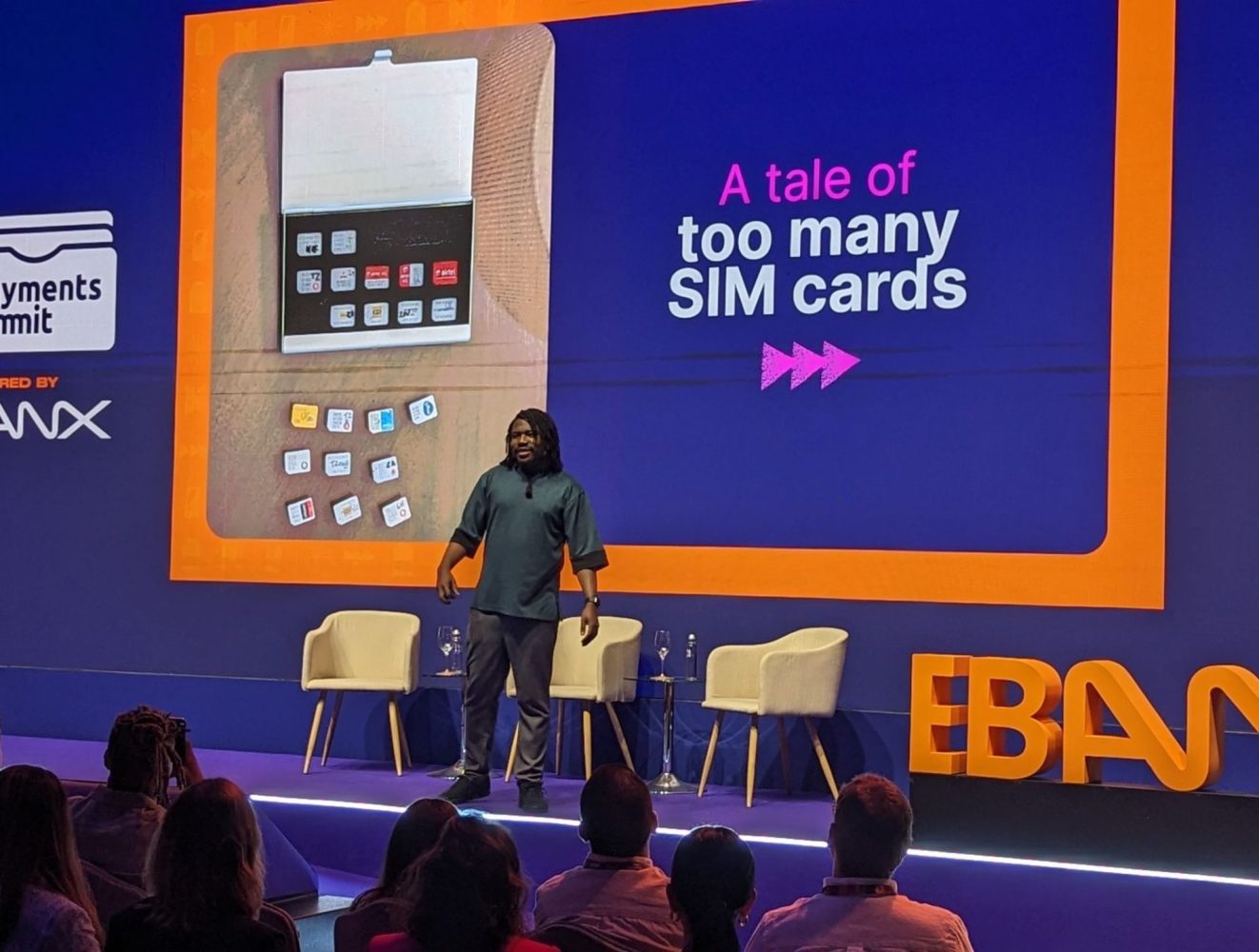The USD 72 B Vision: EBANX Predicts Africa’s Digital Market Boom

Africa is poised to become the new hotspot for the burgeoning online consumer class, with an estimated 10 million new consumers in 2024, second only to Asia, states the latest annual Beyond Borders digital payments and commerce report by global fintech firm EBANX.
The report reveals that rising markets in Africa, Asia, and Latin America are driving a global surge, accounting for 70% of the 109 million people entering the consumer class this year, according to World Data Lab.
In Africa, digital markets are in their early stages but expanding rapidly, outpacing developed countries. While digital commerce grows by 13% annually in developed nations, Africa experiences a faster pace of 25%, as reported by Payments and Commerce Market Intelligence (PCMI).
By 2026, the digital commerce market is projected to reach a total value of USD 72 B across its top five markets: Egypt, Kenya, Morocco, Nigeria, and South Africa, surpassing Europe in consumer spending over the next decade.
The digitization wave is reshaping African markets, with internet access projected to become nearly universal in some regions by 2028. Egypt anticipates a doubling of internet penetration to 98%. However, despite the digital expansion, only 44% of African adults currently make online purchases, signalling untapped growth potential.
Insider Intelligence and PCMI data indicate that online retail dominates Africa’s digital commerce landscape, constituting 58% of digital volume in key countries like Egypt, Kenya, Morocco, Nigeria, and South Africa.
APMs in the ascendency
In response to limited access to traditional financial services, alternative payment methods (APMs) are gaining traction in Africa. APMs, excluding credit or debit cards, account for 69% of the total value in digital commerce, surpassing card payments at 31%.
Mobile money holds a 5% share in Africa’s top five economies, particularly in Kenya, where its penetration is almost universal. Despite cash remaining a preferred payment method with a 30% penetration, APMs are poised to gain market share in the coming years.
Wiza Jalakasi, Director of Africa Market Development at EBANX; a Brazil-born fintech company that connects local payment methods from Africa, Latin America, and India to global digital commerce, emphasizes the shift towards mobile-first payments in rising markets, stating, “The future of payments in rising markets is instant.
Payments in emerging markets like Africa are mobile-first and increasingly not card-based. It’s these alternative payment methods that are driving not only financial inclusion but digital commerce from Latin America to Africa to India.”
B2B payments surge with digital marketplaces
In tandem with the rise of digital commerce, Business-to-Business (B2B) payments are experiencing a surge, particularly in Africa, Latin America, and Asia.
While 70% of worldwide B2B transactions remain manual, B2B digital payments in these regions are growing at a faster rate of 14% annually through 2027, surpassing the global rate of 11%. By this year, these regions are expected to constitute 40% of the total value of B2B payments made online worldwide, according to Capgemini Research Institute.
Kenya stands out with 42% of businesses making online purchases, according to OECD and UNCTAD. B2B transactions are further fueled by the emergence of marketplaces in countries such as Egypt, Morocco, Nigeria, Rwanda, Tanzania, and Uganda.
According to a GSMA report, these marketplaces facilitate bulk payments and deliveries, reducing effort and cost, with a significantly lower churn rate compared to B2C e-commerce, making them more adept at retaining sellers. The digital transformation in B2B transactions signals a significant opportunity for growth in these rising markets.